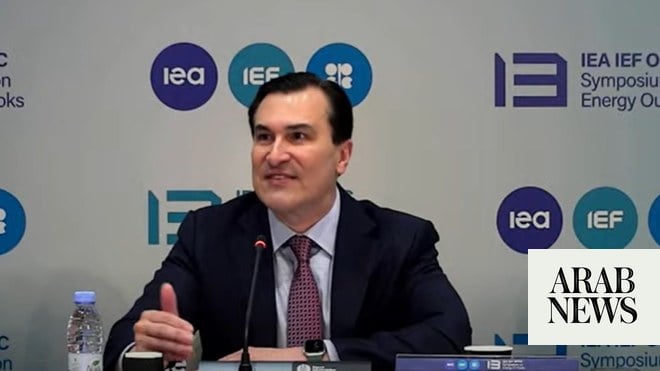
SHANGHAI (Reuters) - China’s cut to bank reserve requirements could help authorities to deal with shifts in U.S. monetary policy and may relieve future downward pressure on the yuan, a former Chinese central bank official said in a commentary on Tuesday.
The People’s Bank of China (PBOC) said on Friday that it would cut the reserve requirement ratio (RRR) for all banks by 50 basis points (bps), effective from July 15, in a move that will release around 1 trillion yuan ($154.44 billion) in long-term liquidity.
The cut “can reserve policy space for future shifts in the Fed’s monetary policy,” Sheng Songcheng, former head of the statistics department at the People’s Bank of China (PBOC), said in a commentary on the Sina Finance portal.
“The withdrawal of the Fed’s stimulus policies will narrow China-U.S. spreads, reversing the flow of funds and causing hot money to flow out of China,” Sheng said.
“The RRR cut may push (Chinese) rates lower to a certain extent, slowing down the inflow of hot money, leaving room for future shifts in China’s monetary policy and reducing future depreciation pressure on the yuan,” he said.
Sheng said China’s economic recovery remained insufficient and imbalanced, noting pressure on small and medium-sized banks alongside local government debt risks.
“Injecting liquidity into markets is beneficial for preventing financial risks,” Sheng said.
($1 = 6.4751 Chinese yuan)
Reporting by Andrew Galbraith; Editing by Christopher Cushing
Our Standards: The Thomson Reuters Trust Principles.












